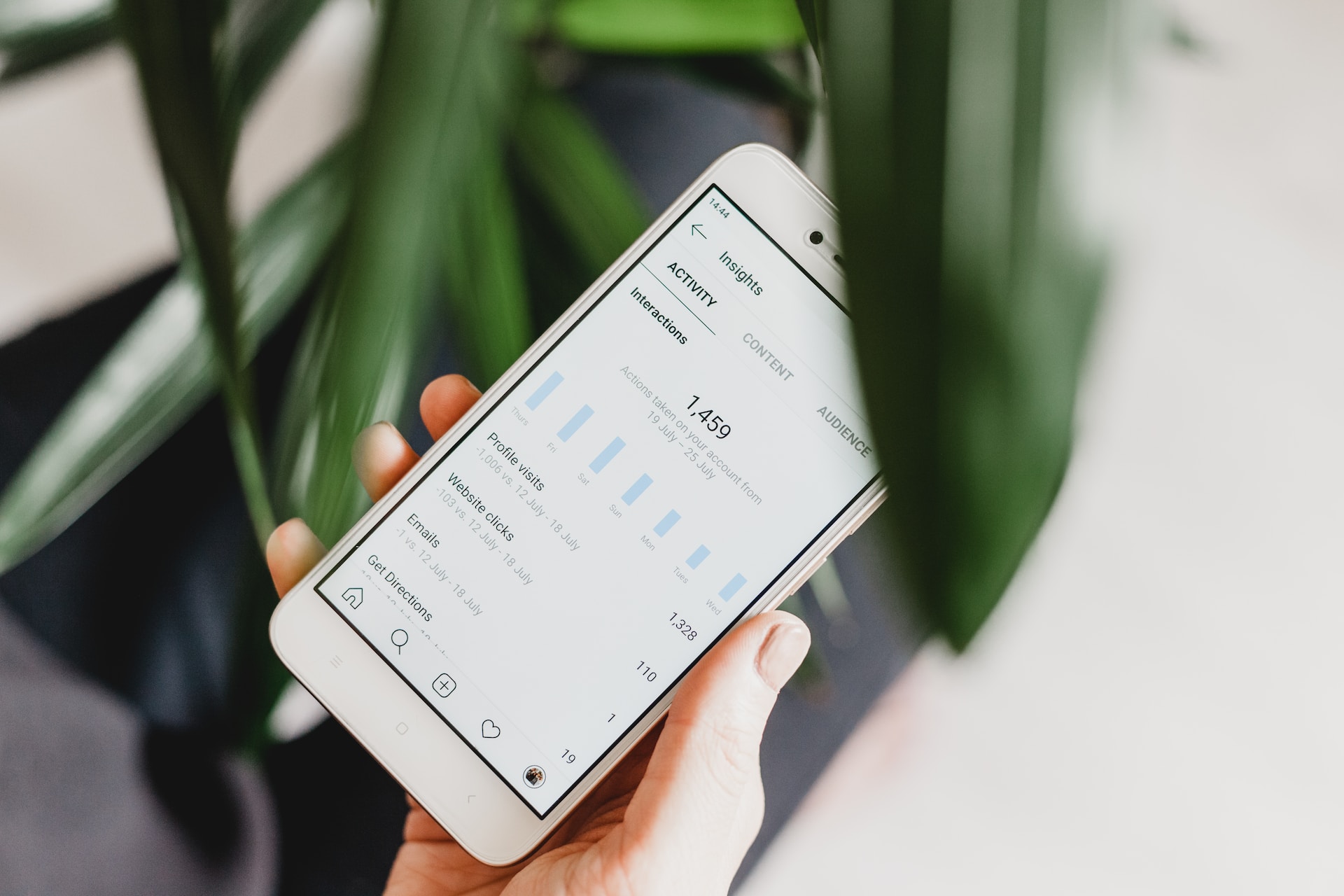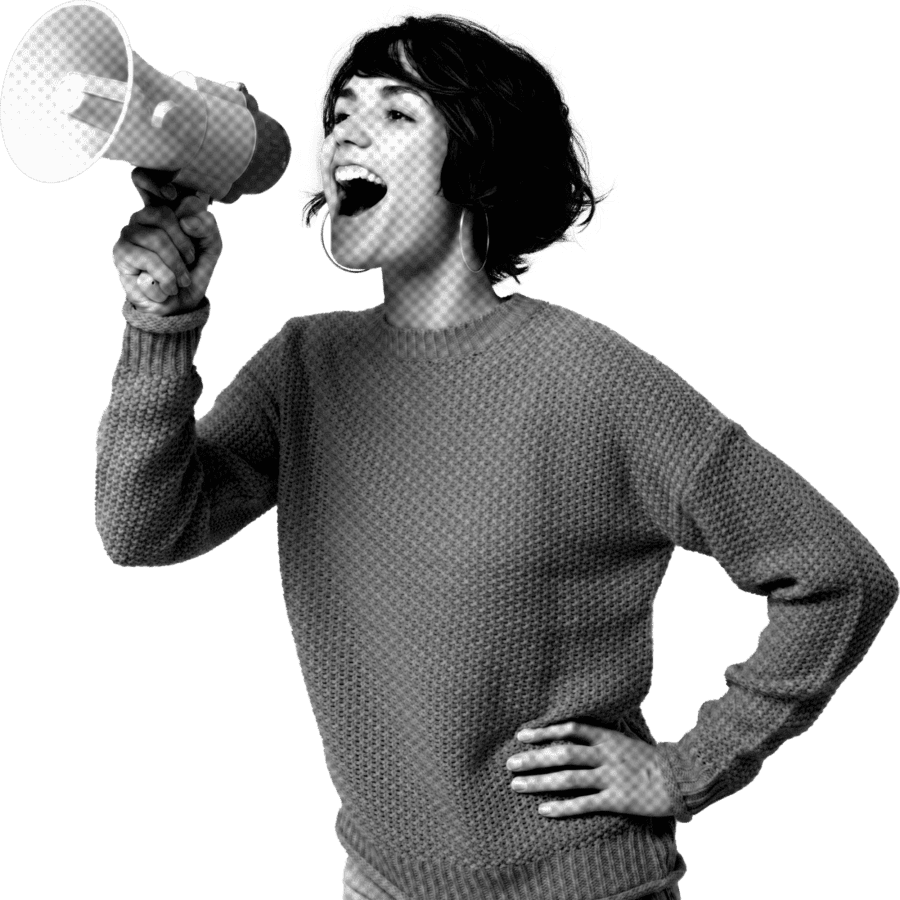Victoria Jenkins is a designer and garment technologist with over a decade of experience in the fashion industry. She became disabled in her 20s, and in 2016 she founded Unhidden, a sustainable adaptive fashion brand.
How did it all start?
I suppose.. Really Unhidden began in 2016. I was in hospital for yet another physical burn out from overworking (do not advise!) and a fellow patient was talking to me about her struggle to find clothes she wanted to wear that worked for her body after surviving cancer; I was so sure someone would have thought about this, it seemed so obvious! I started researching from my bed and was sad and not a little angry to see so little available. I began developing ideas. It was like a lit fuse!
We all deserve the same rights… The same freedom of expression – the same choices.
Why do you think what you’re doing is important?
Because we all deserve the same rights… The same freedom of expression – the same choices. The same ability to get dressed to leave the house. Denying 15-20% of the population that basic human right cannot continue.
Why do you think other brands are not doing the same?
A few reasons; their design teams will have zero experience in this area (heads up brands – ALL adaptive designers are happy to be hired to help until your teams are skilled ). I think many just haven’t seen the disabled community as we are quite literally hidden, ESPECIALLY in the fashion industry, and then finally – fear. Scared of getting it wrong, so choosing to do nothing. And perhaps also cost – the assumed cost rather than the massive gain of loyal consumers – big brands have no argument here when in some cases it’s just an extra zip or a bit of elastic.
What are your favourite examples of brands that seem to get it right?
I love Liberare; they have done so much so quickly and that’s fantastic to see. While Primark doesn’t do adaptive design, they do routinely use disabled models. All our Australian counterparts are doing fantastically and while I am not a huge Tommy Hilfiger fan he was the first big name to do adaptive design (even coining the term in 2015) and he continues to add to it.
We’d love to see every single brand being more inclusive, but which one would be the one that would mean a lot to you if they did?
I think I have to say M&S. They do kids adaptive to a degree, it feels like a logical step to push that on to adults. I know fast fashion brands are the price point some people in the community need; but we can’t be abusing people or the planet when the impact is felt by us first whether we know that or not.
What’s your advice to brands that want to ensure they are being inclusive?
To look internally as well as externally; how is your brand behind the scenes, how accessible are you to your staff and how are you hiring people? Then look at internal and external communications and events and apply that same question; where you see fault, rectify it and make it standard practice. Most importantly – bring disabled people in and PAY THEM for their time and knowledge. Do not make your own staff who are outwardly disabled the ‘poster child’ within your business or expect them to share their experience with you – they may not feel safe to do so and especially undisclosed disabled people.
Where do you think disability inclusion will be in 10 years time?
This is tough; I know where I want it to be and that isn’t the same as where I think it will be. I hope in 10 years time accessible content is the standard and completely normalised; I hope that over 50% of fashion events actually have access built-in and representation across the board globally for models and inclusive design…I think it will be so much better than now but I am sure there will still be a lot of work to do even in a decade’s time.
What’s your life ambition? What do you want to be known for?
To make a difference. I appreciate that sounds a tad cringe but it’s true – no matter how big or small that difference is I just want to have made things a bit easier for the next generation. I want to be known, I suppose, for my truth; my transparency and my passion for inclusion even if others in the community disagree with me. I hope people recognise everything I do is with the best intentions, even when I get things wrong as all humans do.
How’s the future of Unhidden looking like now? What can we expect from you?
It all depends on the next few months I suppose; to be able to achieve an accessible price point means getting investors so stock can be bought instead of being made to order! And also I need to grow the team before I burn out.
The future is looking bright despite the uncertainty of the above – some amazing collaborations are happening, and developing the kidswear is also very exciting! There are some wonderful conversations starting to happen with retailers so you can expect physical retail and a bigger online e-commerce presence too! I hope all of that allows development of new lines, new partnerships and one day to be able to pay things forward and create a scholarship fund as well as finally film the adaptive upcycling videos!
So quite a lot to aim for; the sky’s the limit but the bank balance is the groundwork.




